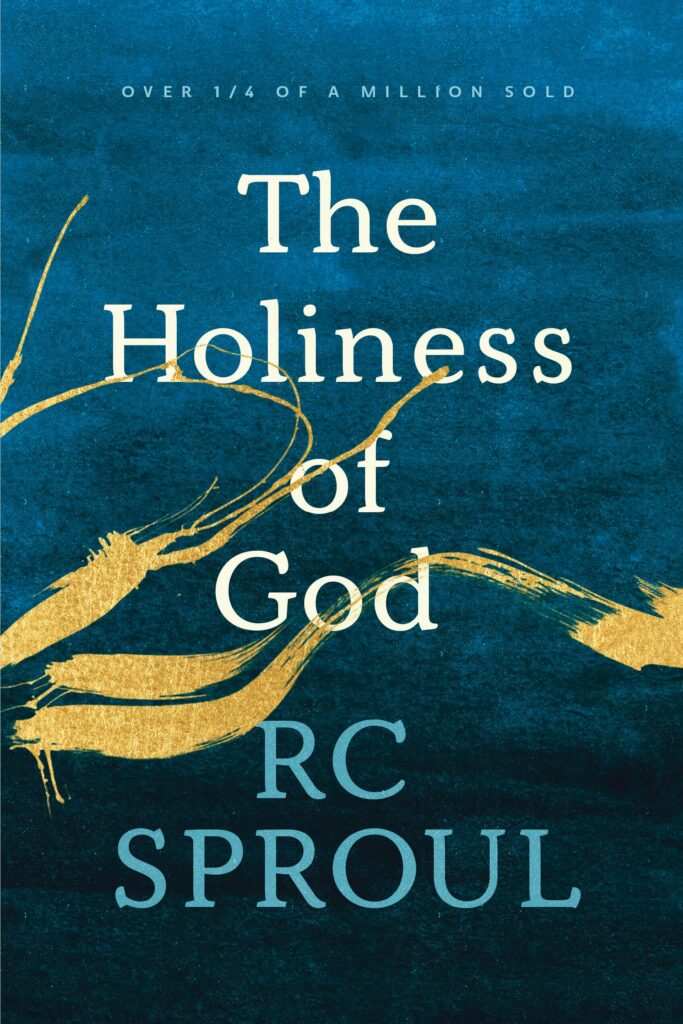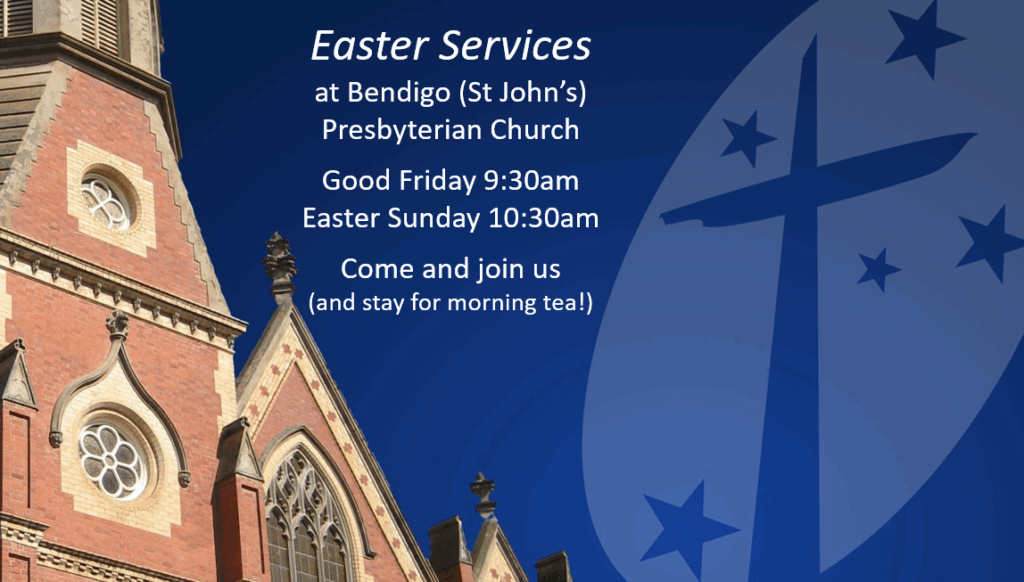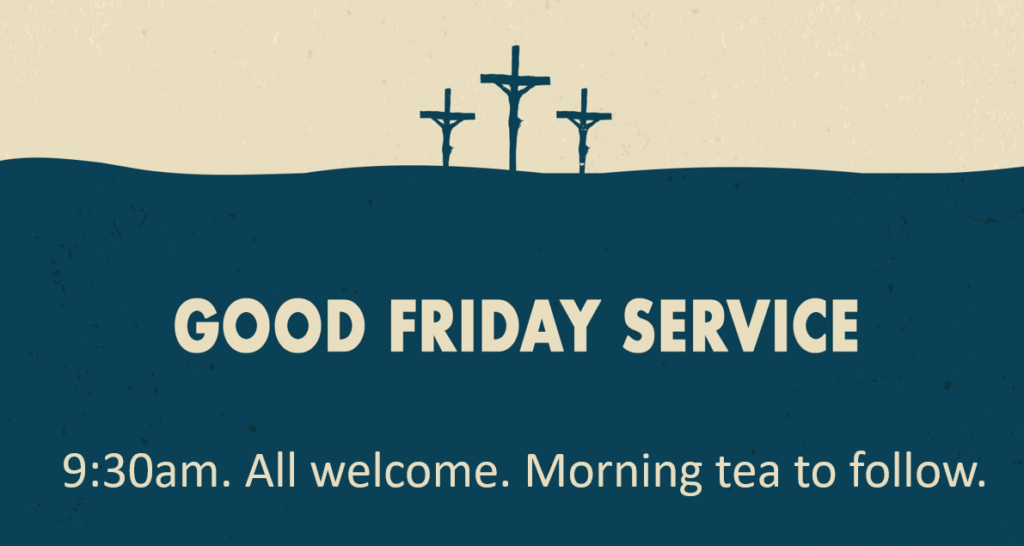In Romans 13:1-7, Paul continues along in the same train of thought, but with a different application – that of how believers ought to relate to those who are in positions of authority over them. How should believers live as those wanting to give themselves as ‘living sacrifices’ to the God who showed us such great mercy and do this in relation to governments that do not believe in Him? They should be the best citizens they can be, by standing up for righteousness and by the way they pray for and submit to these governing authorities (with exceptions of course!)!
Message
Outline
• The eighth in this series
• Remembering our context…
• How to approach a text like this?
• See how Paul encourages us…
- How to consider our appointed leaders (v.1-2)
- How to pray for our appointed leaders (v.3-4)
- How to live under our appointed leaders (v.5-7)
How did Jesus approach this?
Where all this is heading….!


